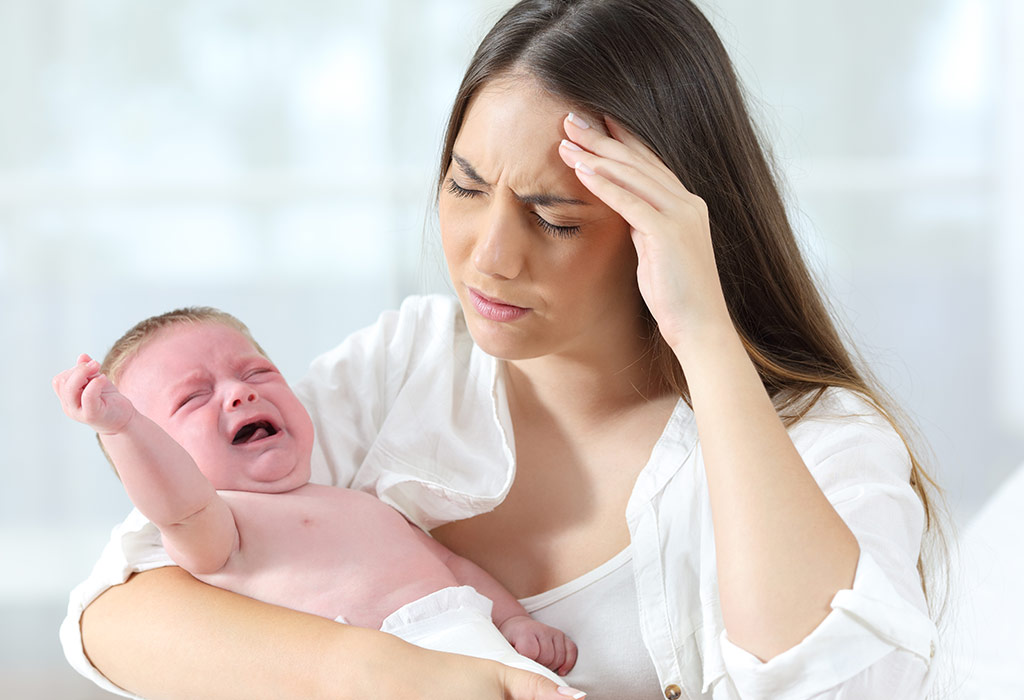Parents-to-be Sneha and Mihir came to my clinic for a checkup. Sneha, five months pregnant, is an artist by profession and very excited that she was going to have a baby. I checked her up and said “All well” but she seemed a little low. She asked, “Doctor uncle, just tell Mihir to be a little more sensitive towards me.” Mihir, a typically nerdy software engineer, looked somewhat upset. I probed more. Sneha had tears in her eyes. She remarked, “I talk to my baby every day. I want Mihir also to talk to the baby. Ultimately, it is our baby. But look at him. He is just not bothered.” I turned to Mihir, who said, “Doctor, I simply told Sneha that there is no point in talking to the baby when they cannot hear at this stage. This has made her upset.” I realised the problem – it was one of the emotions versus science.
So, can the baby in the womb hear? Can the famous story from Mahabharata that Abhimanyu learned the war technique in his mother’s womb be true?
How do we hear?
The ear or pinna collects sounds around us. The eardrum vibrates and the internal organ cochlea converts the sound into signals which go through the nerves to the brain. It is the brain that ultimately hears! The higher centres in the brain actually understand the meaning of the sound.
When do the organs for hearing develop in the foetus?
At six weeks of pregnancy, when the size of the foetus is less than that of a pea, few cells from the brain are “earmarked” to form future ears. By nine weeks, the external ears begin to develop. Sonography done at 18 weeks can show the formation of external ears. By this time the internal structures including the laying of neuronal connections start to develop.
Does the sound travel in the womb? Is it silent in the womb?
The sound travels best in the air. It does travel in the fluid as well but not as much. Imagine that you make a sound in the air and then under the water. There is a difference. The sound is muffled underwater. You may hear the sound but the words won’t be clear. The baby is within the amniotic sac, which is filled with amniotic fluid. Thus, the baby can hear the sound but not so clearly. Besides, there are sounds around the bay like the gurgling of intestines, gushing blood through the blood vessels, etc.
When and which sound frequencies are heard by the foetus?
Hepper in 1994 did extensive research on this. He placed a loudspeaker next to the mother and played different frequencies of sound. The movement of the foetus was noted by sonography. The earliest response to sound was elicited at 19 weeks. The first frequency that the foetus could hear was 500 HZ. By 27 weeks, almost all foetus can hear frequencies between 250 to 500 Hz. Higher frequencies were found to be heard by 35 weeks.
Check this Out!: Sonography During Pregnancy: The Ultimate guide
Even if the foetus perceives sound, can he or she recognise it?
It is very clear that a foetus shows a certain reaction to the sound by making a movement and raising the heartbeat. So it is clear that the foetus perceives sound. But do they recognise it and retain it as a memory? Partanen did an interesting experiment. He played the rhyme ‘twinkle twinkle little star’ melody five times per week to women who were in their late pregnancy. The brain waves were captured from the foetus when the music was played. When a sound is played frequently, the memory of the sound is formed in the brain. A specific waveform in the brain is elicited suggesting that the brain recognises it as a sound. The same music was played after birth and at four months of age. The analysis of the waveform suggested that the baby was able to recognise and memorise the sound.
Can very loud sounds cause problems with the baby’s hearing?
Very loud and continuous sound can interfere with hearing development; something like continuous work on a very noisy factory floor. Of course, it depends on how loud the sound is, how close it is played to the womb, and how long it is played.
Can a baby actually learn in the womb?
Even if the foetus remains a sound in its memory, how long is such memory is retained? Even if the baby recognises the sound as a familiar one, does he or she understand the meaning of the word? There is no data to support that. Thus, it is still unclear whether the baby understands what we speak, even though the recognition of the sound is possible.
Parents to be should remember the following:
· The foetus can hear the sound in the later part of pregnancy.
· The foetus may react to the sound.
· The words may not be clear but the sound can be clear enough.
· Foetus can memorise the sound as “frequently heard” up to four months after birth, as per scientific experiments.
· We are very far from concluding that a foetus can actually learn something in the womb and retain the learning meaningfully for application in later life.
However, when it comes to the emotions of the mother, logic does not work. So, I told Mihir to remove his scientist’s hat full of hardcore logic and wear the hat of the father instead.







